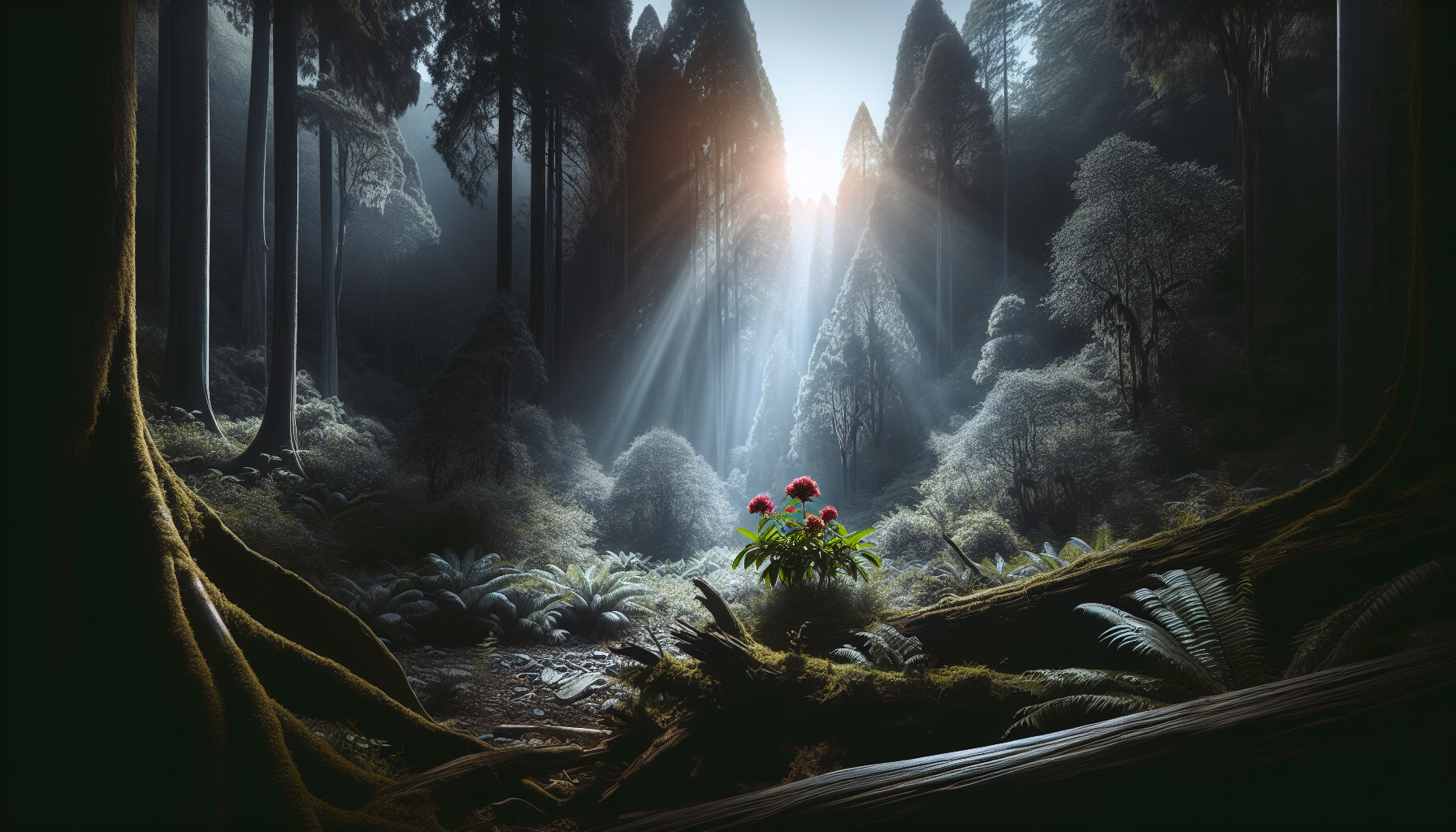Hope in the Wilderness: A Journey Through Myth and Reality
The concept of hope has long been intertwined with the idea of the wilderness in mythology and literature. From ancient tales to modern narratives, the wilderness serves as both a setting of desolation and a canvas of potential. This duality offers a rich tapestry through which we can explore the enduring theme of hope amidst adversity.
The Wilderness in Mythology
In many mythological traditions, the wilderness is portrayed as a place of trials and transformation. The Greek myth of Heracles—or Hercules, as he is known in Roman mythology—offers a prime example. Heracles’ Twelve Labors took him through wild and untamed lands, each challenge representing a step toward redemption and purification.
“For when we are in the wilderness, we must not only face the dangers it poses but also confront the fears within ourselves.” — Joseph Campbell, The Hero with a Thousand Faces
Similarly, in Norse mythology, the wilderness is the realm of giants and other mythical creatures. Yet, it is also the backdrop for the heroic deeds of figures like Thor and Odin. The wilderness, with its harsh conditions, becomes a catalyst for the growth and evolution of these characters.
Wilderness as a Metaphor for Inner Struggle
Beyond mythology, the wilderness often symbolizes an internal journey. In literature, it is a metaphor for the struggle against inner demons and the search for meaning. Henry David Thoreau’s Walden is a seminal work that explores this theme. Thoreau retreats into the woods of Massachusetts, seeking solace and understanding away from the complexities of urban life.
“I went to the woods because I wished to live deliberately, to front only the essential facts of life.” — Henry David Thoreau, Walden
Thoreau’s journey into the wilderness is not merely a physical endeavor but a philosophical one. It is about finding hope and clarity in simplicity, away from the chaos of society.
Hope Through Adversity
The wilderness, with its unpredictability, often represents life’s challenges. Yet, within these challenges lies the seed of hope. This theme is vividly depicted in the biblical narrative of the Exodus. The Israelites’ forty-year journey through the desert is marked by hardship and despair. However, it is also a journey of faith and hope, culminating in the promise of the Promised Land.
- Perseverance: The Israelites’ endurance through hardship is a testament to the power of hope.
- Faith: Despite moments of doubt, their faith in a better future sustained them.
- Redemption: The wilderness serves as a period of purification and preparation for a new beginning.
This narrative underscores a critical message: hope can sustain individuals through the most challenging of circumstances, transforming the wilderness from a place of despair into a journey of renewal.
Modern Interpretations
In contemporary literature and film, the wilderness continues to be a powerful symbol. Works like The Road by Cormac McCarthy and films such as Into the Wild explore themes of survival and the search for meaning in desolate landscapes. These narratives often highlight the resilience of the human spirit.
The protagonist in The Road navigates a post-apocalyptic world, clinging to hope as he strives to protect his son. Likewise, Into the Wild follows the true story of Christopher McCandless, who ventures into the Alaskan wilderness in search of authenticity and purpose.
“Happiness is only real when shared.” — Christopher McCandless, Into the Wild
These modern tales remind us that, even in the direst of environments, hope can guide us toward understanding and connection.
Conclusion
The wilderness, in all its forms, remains a potent symbol of both challenge and opportunity. From ancient myths to modern stories, it serves as a backdrop for the exploration of hope. Whether as a physical landscape or a metaphorical journey, the wilderness challenges us to confront our fears and seek a deeper understanding of ourselves and the world around us.
Ultimately, the wilderness teaches us that hope is not merely a passive wish but an active force that propels us forward, even when the path is uncertain. It is in the wilderness that we discover the true strength of the human spirit and the profound potential for renewal and growth.
